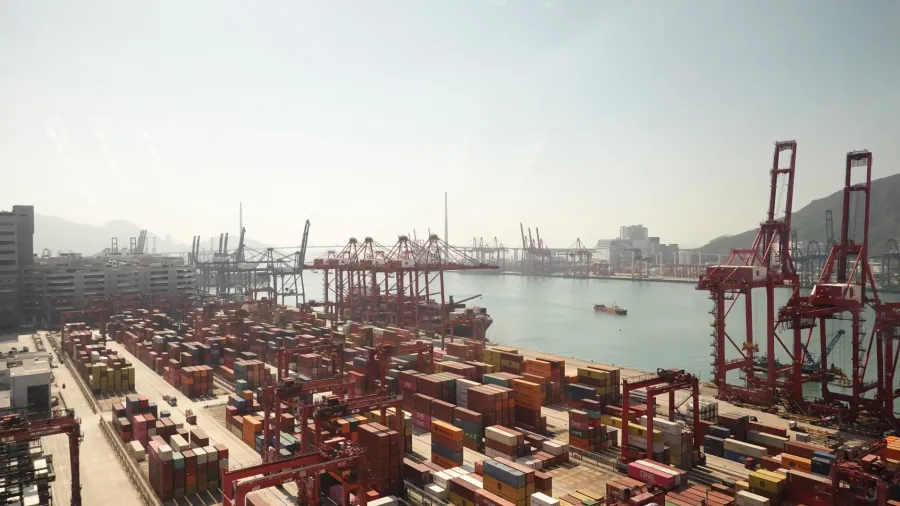
Hong Kong needs to act to keep its global maritime hub status afloat
As of 2023, Hong Kong maintains a 2.4% share of the world fleet in terms of vessel numbers.
In the pursuit of maintaining its status as a global maritime hub, Hong Kong stands at a crucial crossroads this year, recognising the need for more than just a profit tax regime to lure in more shipping companies.
Experts, such as Dr. Eugene Wong from The Hang Seng University of Hong Kong, point out that more work has to be done for companies to set up headquarters in the city and for more vessels to fly its flag.
Hong Kong Business interviewed Wong, associate head and associate professor at the university’s Department of Supply Chain and Information Management, on the sidelines of the recent Asian Logistics, Maritime and Aviation Conference 2023 held during the Hong Kong Maritime Week.
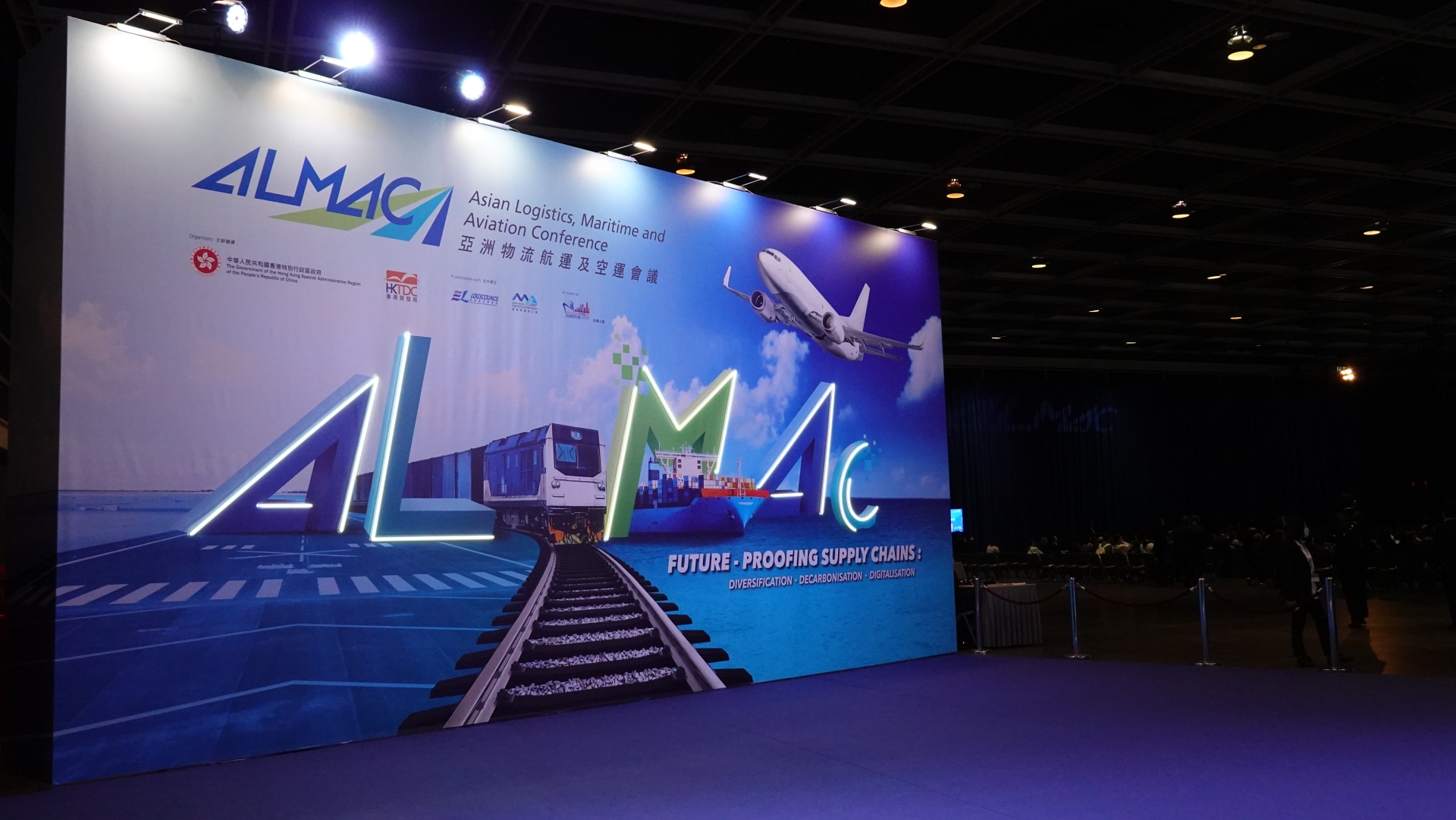
He said the government should consider offering shipping lines incentives for setting up offices in the city. “This could favour shipping lines to come here to Hong Kong as far as setting up offices because in the past, there have been one or two companies [which] has already moves from Hong Kong to nearby countries,” Wong said.
The government should also look into incentivising and strengthening other areas of shipping. He cited the need for arbitration and operation activities such as vessel planning and container flow planning because these activities actually happen in Hong Kong.
At present, Hong Kong’s half-rates profit tax regime covers carriage and chartering, ship agency, ship management or ship broking activities, and ship leasing activities.
Wong said Hong Kong could learn from Nansha, Guangzhou in the Mainland, which awards shipping enterprises that have routes passing through its port, or having achieved a certain throughput level.
As sustainability and decarbonisation are also key issues in the shipping industry, Wong suggested that the government establish some kind of “environmental initiatives” related to carbon footprint or use of renewable energies.
Whilst there are more that Hong Kong can do to attract shipping players, Wong underscored that the city’s current half-rates profit tax has also been beneficial to the industry.
Willy Lin, chairman of the Hong Kong Shippers’ Council, shared a similar sentiment saying the half-rates profit tax regime can help Hong Kong in its goal to encourage flagging.
Data from the United Nations Conference on Trade and Development showed that as of September 2023, Hong Kong is the fifth-largest ship-owning market in the world.
With 2,537 vessels flying its flag, Hong Kong accounts for 2.4% of the world fleet in terms of vessel numbers.
In terms of value, Hong Kong ranks sixth, with vessels flying its flag representing a 6.27% share in the world fleet.
More than the incentives, Lin said Hong Kong is working to make maritime services of “quality” to attract ship owners to come to the city.
“We [do] not only want them to come, but we want them to utilise Hong Kong’s quality service. In the past couple of years, actually, Hong Kong [has] embarked on not only trying to maintain a maritime center, we’re always trying to support the higher value added maritime services like maritime arbitration, shipping financing, [and] shipping insurance,” Lin said.
Apart from maritime arbitration and dispute resolution and ship financing and leasing, and marine insurance, InvestHK said Hong Kong is also developing high-end maritime services for ship brokers and ship agents, and on ship management and chartering.
Making all other maritime services of quality and of high standard alongside a tax regime will be a good package to attract shipowners to register their ships in Hong Kong, added Lin.
According to InvestHK, What could help Hong Kong further sail as a top player in the maritime industry is if it begins bunkering of sustainable fuels.
In the 2023 Policy Address, Chief Executive John Lee said Hong Kong will press ahead with the provision of liquefied natural gas (LNG) bunkering for ocean-going vessels (OGVs).
“If we cannot bunker in 10 years’ time, shipping lines will not come to Hong Kong, cargoes will not be here. So it’s important that the government recognise the importance of bunkering. This is basically the big boat,” Lin said.
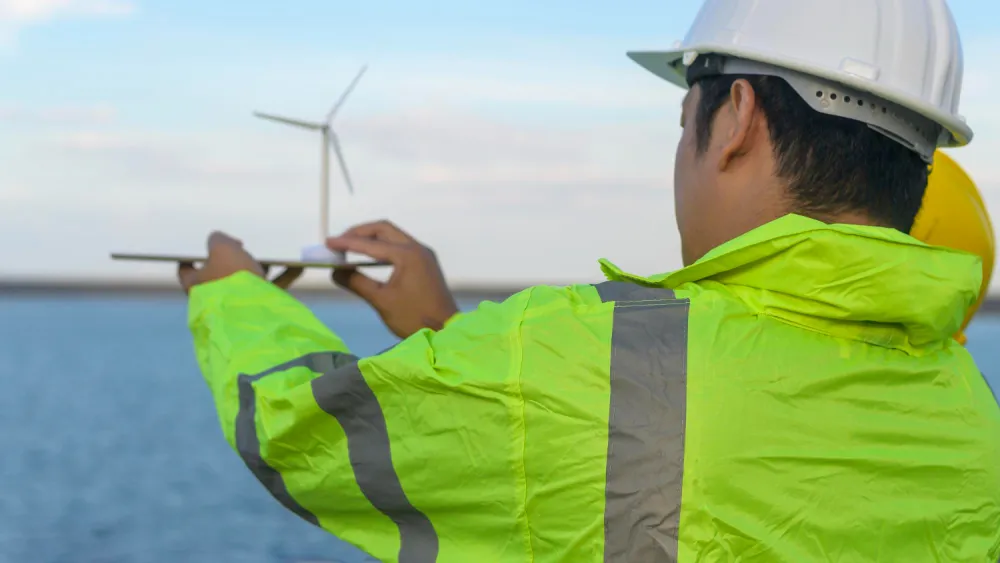
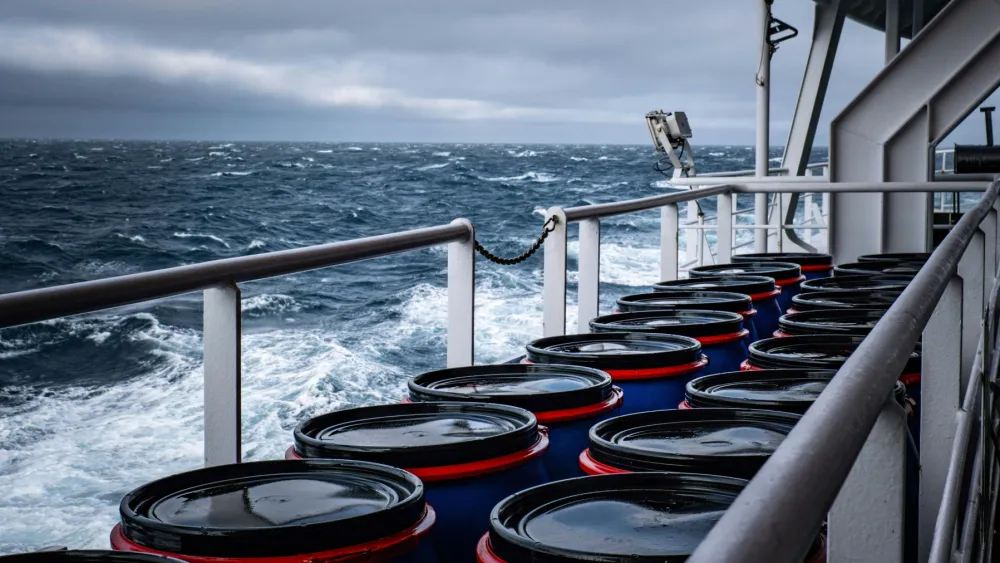







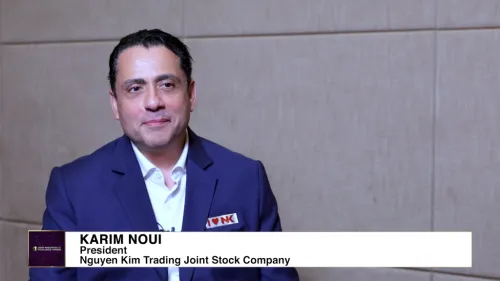








 Advertise
Advertise







